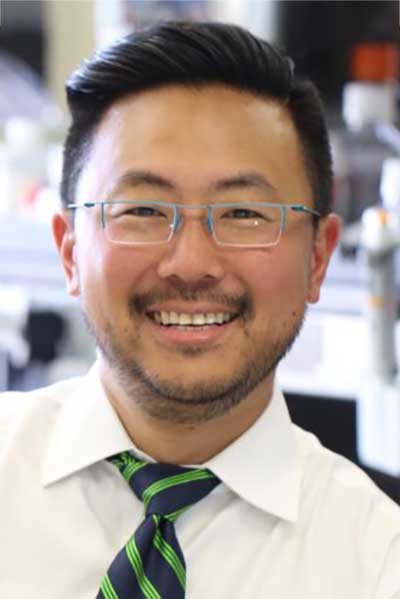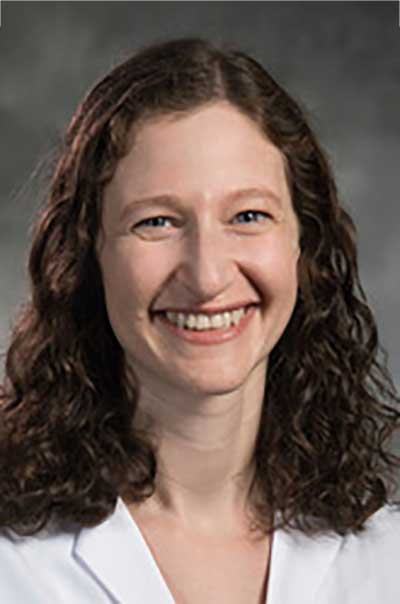The COVID-19 pandemic furthered the understanding of the genetic underpinnings of immune susceptibility, as SARS-CoV-2 infection can be mild in some individuals and fatal in others, and multiple pathways that influence COVID-19 outcomes are strongly associated with autoimmune disease.

On Wednesday, Nov. 15, Jean-Laurent Casanova, MD, PhD, will discuss Genes, Gender, and Gammaglobulins in Severe COVID: Lessons Learned from the Pandemic.
“This talk will be a beautiful example of the hybridization of clinical medicine with advanced translational immunology experimentation, which show the audience the power of combining these two approaches to generate mechanistic explanations of clinical pathology,” said session co-moderator Alfred Kim, MD, PhD, Associate Professor of Medicine at Washington State University School of Medicine.
The session will begin at 11 a.m. PT in Room 30D–E of the San Diego Convention Center. It will be available on demand within 24 hours for registered ACR Convergence 2023 participants.
Gender immunologic differences, inborn errors of immunity, and autoantibody production all contribute to why males with COVID-19 have more severe disease than females.
“Although we have long known some of the risk factors, such as older age, male gender, and the presence of co-morbidities, we have not fully understood why COVID-19 patients with these risk factors experience more severe infections,” said session co-moderator Rebecca Sadun, MD, PhD, Assistant Professor of Adult and Pediatric Rheumatology at Duke University. “This talk will explain some of the biology behind increased COVID-19 severity in men as well as the role of certain inborn errors of immunity and the relationship between age and the interferon (IFN) signaling pathway.”

Dr. Casanova, the Levy Family Professor at Rockefeller University and Professor at Necker Hospital, France, is an international research leader who leverages forward-thinking genetics in the study of genetic causes, such an inborn error of immunity, and immunologic mechanisms of rare autoimmune and autoinflammatory diseases in children.
He will discuss toll-like receptor (TLR), angiotensin-converting enzyme (ACE), and interferon (IFN) signaling as well as genetic profiling of patients with severe COVID-19. He also will highlight recent genetic and immunologic breakthroughs that identify molecular pathways relevant to COVID-19 host immune defense and explain the pathways of relevance in innate and adaptive immune responses.
“During the earliest phases of COVID-19, Dr. Casanova’s research team, along with other teams, applied their technical pipelines to shed insight about the immunologic correlates of protection against severe COVID-19 such as interferons and autoantibody formation,” Dr. Kim explained. “This session reviews these correlates of protection, how they were identified, and sheds mechanistic insights into other observations about susceptibility to severe COVID-19 such as male sex and inborn errors of immunology.”
Register Today for ACR Convergence 2025

If you haven’t registered for ACR Convergence 2025, register today to participate in this year’s premier rheumatology experience, October 24–29 in Chicago. All registered participants receive on-demand access to scientific sessions after the meeting through October 31, 2026.
